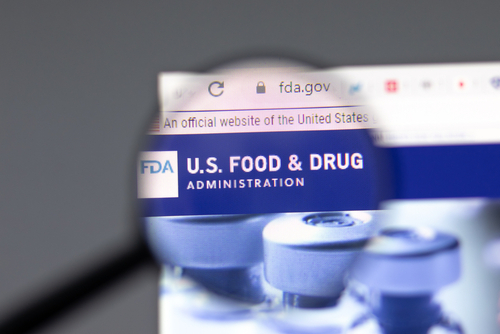
The FDA has taken a strong stance by issuing enforcement actions against three major food companies found violating safety regulations, leaving the fate of their compliance efforts under scrutiny.
At a Glance
- FDA issues warning letters to Ya Ya Foods USA LLC, Alfred Louie Inc., and Bernardo Farms LLC for significant food safety lapses.
- Ya Ya Foods cited for improper sterilization and failure to monitor temperatures at its oat milk processing facility.
- Alfred Louie Inc. draws warnings for allergen control failures and mislabeling allergens such as wheat.
- Bernardo Farms faces citations for unsanitary practices, including lack of adequate sanitary facilities.
- The FDA is committed to enforcing the Food Safety Modernization Act (FSMA) to protect public health.
Warnings for Major Safety Lapses
The FDA has issued warning letters to Ya Ya Foods USA LLC, Alfred Louie Inc., and Bernardo Farms LLC due to critical food safety and compliance failures. These firms were found to have significant issues that could potentially harm consumers. This enforcement is part of the FDA’s commitment to uphold food safety through the Food Safety Modernization Act (FSMA).
The FDA’s letters were critical of Ya Ya Foods USA LLC for their violations in monitoring and maintaining sterilization processes, specifically for their oat milk products. The inspection revealed that crucial temperature monitoring was ignored, thus voiding the necessary sterilization standards, posing significant health risks.
Alfred Louie Inc., in California, faced stern warnings for its mishandling of allergen control and mislabeling issues. These lapses involved failure to declare allergens like wheat, putting allergy sufferers at a potential risk for severe reactions. These mistakes prompted a recall to prevent potential health issues among consumers.
Bernardo Farms’ Unsanitary Conditions
Bernardo Farms LLC in Hawaii was warned about unsanitary conditions that can lead to contamination, including having no adequate sanitary facilities and using contaminated tools for harvesting. The lack of proper sanitation and safety measures substantially increases the risk of foodborne illnesses, challenging the industry’s overall safety efforts.
Through these actions, the FDA reinforces the importance of following safety regulations, ensuring that manufacturers adhere to the highest standards to prevent contamination and protect public health. The detailed findings suggest the necessity for all food producers to maintain proper sanitary conditions.
Consequences of Non-Compliance
The companies have been given deadlines to respond to the issues raised, with potential legal implications looming if they fail to comply. Non-compliance may lead to severe penalties, including the seizure of products, distribution restrictions, and possible recalls.
The FDA’s proactive enforcement actions serve as a stern reminder to the entire food industry that regulatory guidelines are non-negotiable. By ensuring adherence to the FSMA, the agency seeks to protect public health and maintain the integrity of the U.S. food supply, keeping consumers safe from foodborne illnesses.










